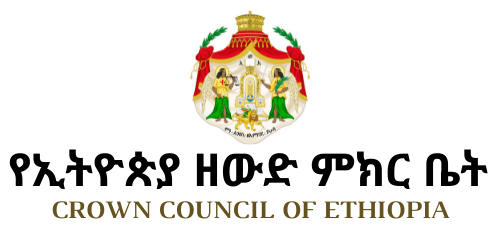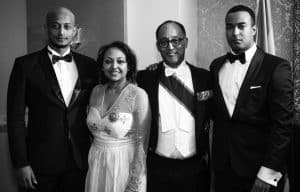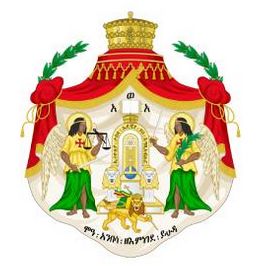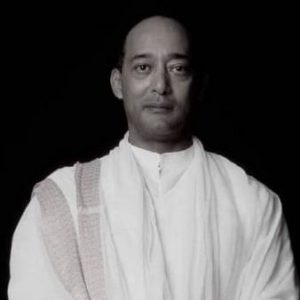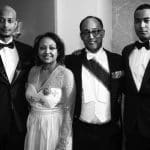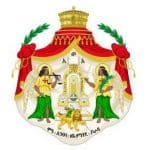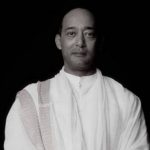A Statement by His Imperial Highness Prince Ermias Sahle-Selassie Haile-Selassie, President of the Crown Council of Ethiopia, on the Recent Violence in Ethiopia
My heart breaks when I hear of the senseless massacre of innocent Ethiopians in Wolega and Gambela. Too many times in recent years have we seen these tragedies take place again and again, all over our country. We are now reaping the bitter harvest of five decades of ethnic politics, five decades of dividing our family into ever smaller groups based on our language, our religion, our region.
We must change course now. If we do not, these massacres will happen again and again, until we are numb to them, and forget that we were once human. We all have a role to play, both in what we say and what we do. We must never praise or blame each other for the languages we speak or do not speak, the ancestors we share or do not share. Words matter. They inspire the worst among us to violence. And that violence has to stop. A thousand dead today might be ten thousand tomorrow, or far worse next year. Then the freedom and independence we earned and preserved through our darkest days will be squandered in a holocaust of our own making.
Nearly two decades ago, the Crown Council under my leadership announced its aim to be a strictly non-political institution. We stand by that goal. But it is not political to ask all Ethiopians to rise above party and ethnicity. It is not political to demand that our government and its leaders act quickly and decisively to protect the lives of all Ethiopians. And it is not political to remind Ethiopia that its Crown can help to unify and heal our country today, as it has at many moments in our past.
We must all work to ensure that no massacres like those we have just seen ever take place again. Nearly four years ago, our government established a Peace and Reconciliation Commission to help heal our country. But it has been able to accomplish little, receiving little government funding or support. We need its work now more than ever before.
And we need to do even more. I urge our country’s political and spiritual leaders – every priest and imam, every member of parliament to the Prime Minister himself – to work nonstop in the coming weeks and months, to build a new beginning. We must go to every region, every woreda, every kebele, and teach the next generation the message of peace and reconciliation.
We must love each other, every one of us, or all of us will fail.
